Asthma and Your Diet: Foods That Help and Hurt


May Help: Fruits and Veggies
There's no specific asthma diet that can get rid of your breathing troubles. But certain foods may have benefits. Fruits and veggies are a good place to start. They're full of chemicals called antioxidants like beta carotene and vitamins E and C. These help stop particles called "free radicals" that damage cells and could inflame and irritate your lungs.
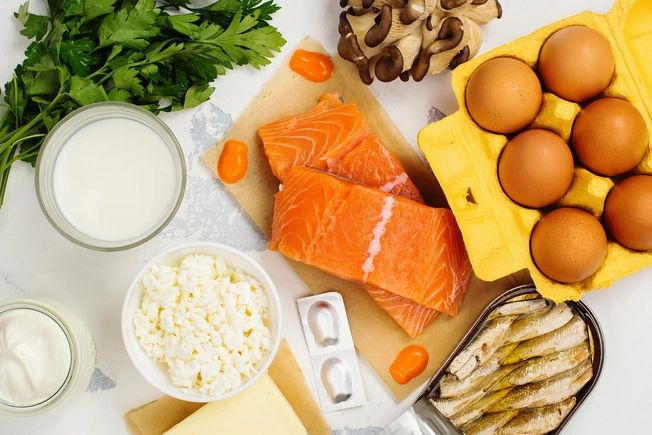
May Help: Vitamin D
You get most of it from sunshine, but it's also in some foods. The top choice is fatty fish like salmon and swordfish, followed by milk, eggs, and orange juice, which are often "fortified" with vitamin D. The nutrient strengthens the response of the immune system -- your body's defense against germs -- and could lessen swelling in your airways. Having low vitamin D levels can lead to more asthma attacks.
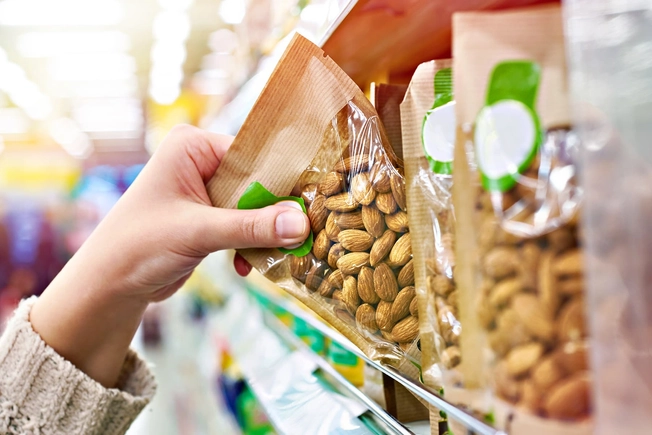
May Help: Nuts and Seeds
They've got lots of good things in them, but one in particular that might be good for asthma is vitamin E. Almonds, hazelnuts, and raw seeds are good sources, as well as cruciferous vegetables like broccoli and kale. Vitamin E has tocopherol, a chemical that could help cut how much you cough and wheeze from your asthma. Studies are under way.
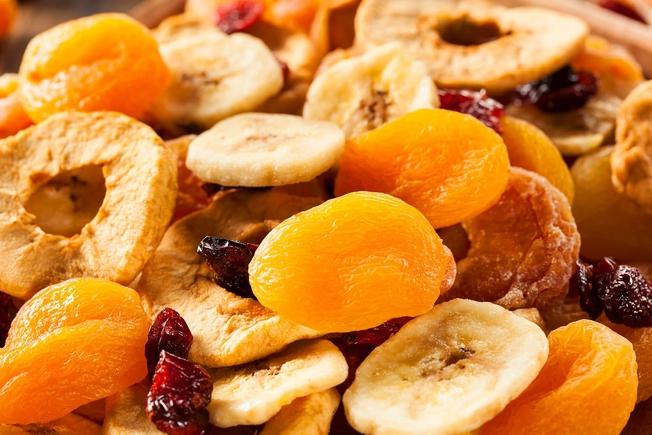
May Hurt: Dried Fruit
There are some foods you may want to avoid if you have asthma, and dried fruits are among them. Though fresh fruit, especially oranges and apples, can help control your asthma, the sulfites that help preserve dried fruit could make the condition worse for some people. Alcohol (especially red wine), shrimp, pickled vegetables, maraschino cherries, and bottled lemon juice also often have sulfites.
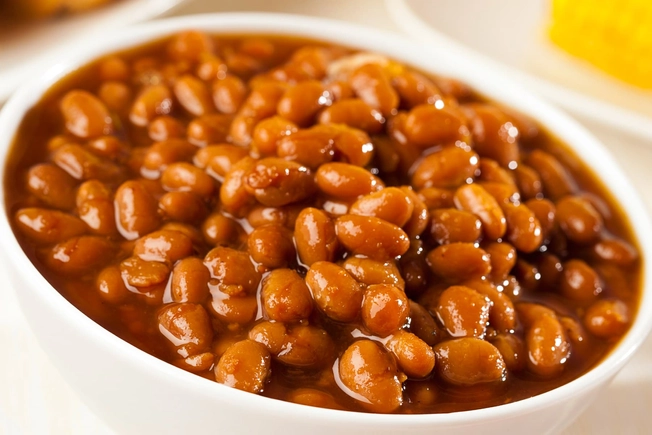
May Hurt: Beans
It's all about the gas they give some people. It can bloat your belly and make it harder to breathe. It may even trigger an asthma attack. Beans are the most famous candidate. Soak them for a few hours and change the water a couple or so times to lessen this effect. Other gassy culprits are garlic, onions, fried foods, and carbonated drinks.

May Hurt: Coffee
Salicylates are chemicals that occur naturally in coffee, tea, herbs, spices, and even in anti-inflammatory pills, like aspirin. Though most people don't react to them, they could make it harder to breathe, especially if you already have asthma. You may be able to improve these symptoms if you cut as many as you can from your diet.
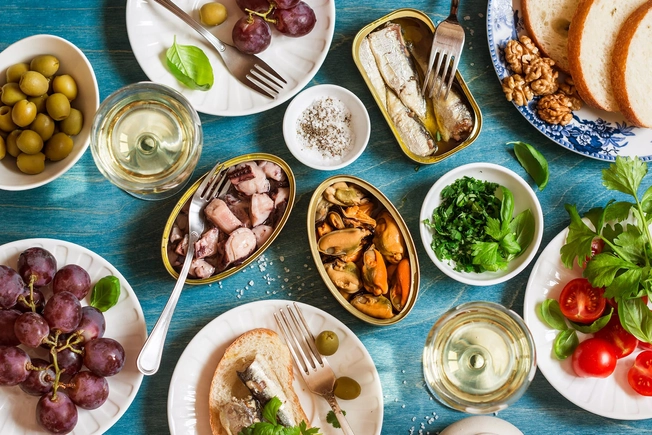
May Help: Mediterranean Diet
It's made up of lots of fruits, vegetables, whole grains, beans, and nuts. You eat fish and chicken at least twice a week, and limit your red meat. Instead of butter, you cook with olive or canola oil, and you flavor with herbs instead of salt. There's even a bit of optional red wine for adults. Some research suggests that people who eat this way may have fewer asthma attacks and are less likely to get the condition in the first place. More studies are needed.
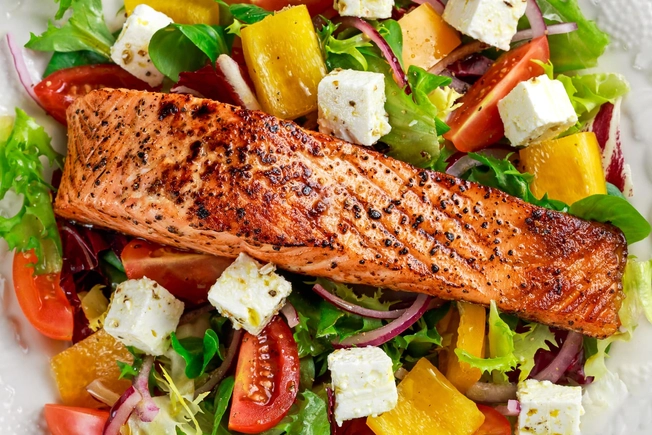
May Help: Fish
It's all about the omega-3 fatty acids, especially in fatty fish like salmon, herring, tuna, and sardines. They help lessen the amount of IgE your body makes. That's an antibody that causes breathing problems in some people with asthma. But the high doses of oral steroids that some people need to use to treat very serious asthma can block much of this helpful effect.
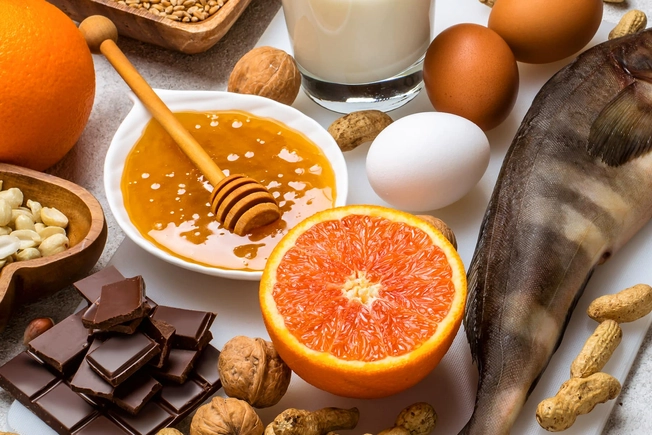
May Hurt: Food Allergies
You're more likely to have a food allergy if you have asthma. And a food reaction could cause wheezing and other asthma symptoms. In some cases, it's worse if you exercise after you eat certain foods. Try to notice what does it, and avoid it. Typical triggers are nuts, dairy, wheat, and shellfish, though everyone is different.
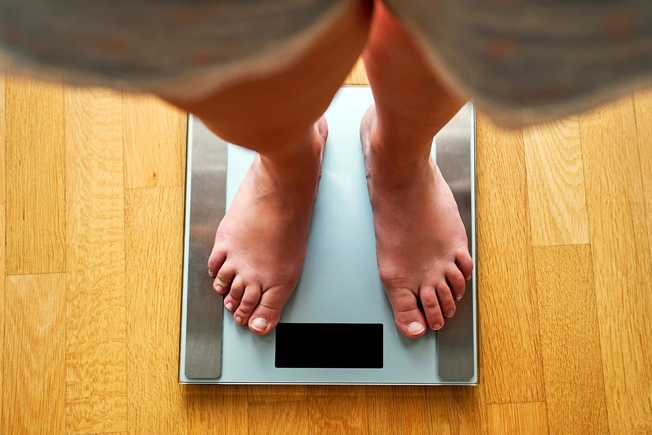
May Hurt: Too Much Food
When you eat more calories than you burn, your body stores the extra in fat cells. You can really start to pack on the pounds if you do that too much. If you become obese (BMI 30 or greater), you're more likely to get asthma and it could make your symptoms worse. In addition, you may not respond as well to typical treatments like inhaled steroids that stop an asthma attack.
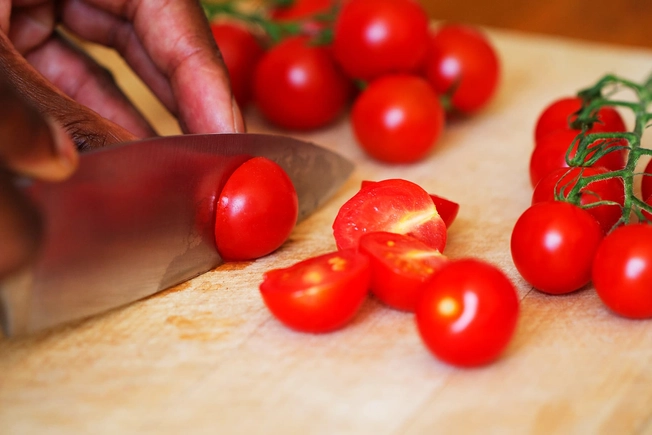
May Help: Tomatoes
Foods made from tomatoes seem to help people with asthma. Scientists think it may be the lycopene that helps most, but more research is needed. Some studies show they can keep you breathing better over the long term. Spaghetti marinara, anyone?
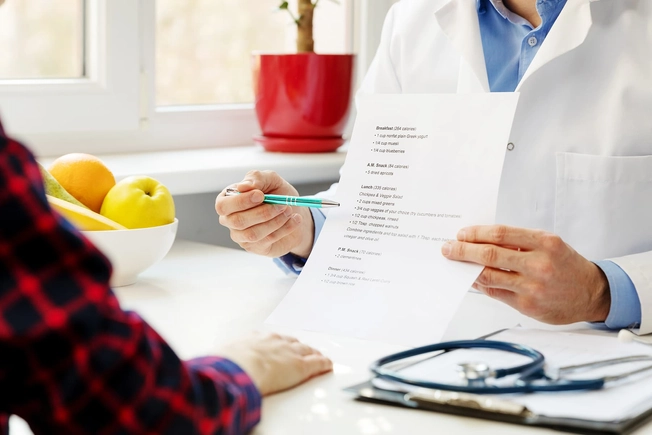
May Help: Variety
There's no single "magic bullet" food that will cure you of asthma. You need a wide range of nutrients and vitamins to keep your body healthy enough to handle attacks when you get them or to keep them away altogether. Talk to your doctor about any big changes in the way you eat, because they could affect your condition as well as your medication.
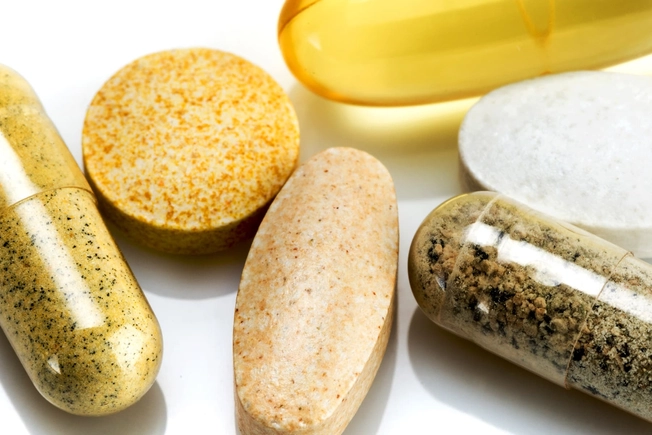
May Hurt: Supplements
As a general rule, supplements don't work as well as nutrients from food to protect you from asthma. So get your veggies! (And nuts. And fish. And fruit). You may have heard that "soy isoflavone" supplements, in particular, can ease asthma symptoms. Some studies suggest that this may be the case for certain people with asthma, but more research is needed.
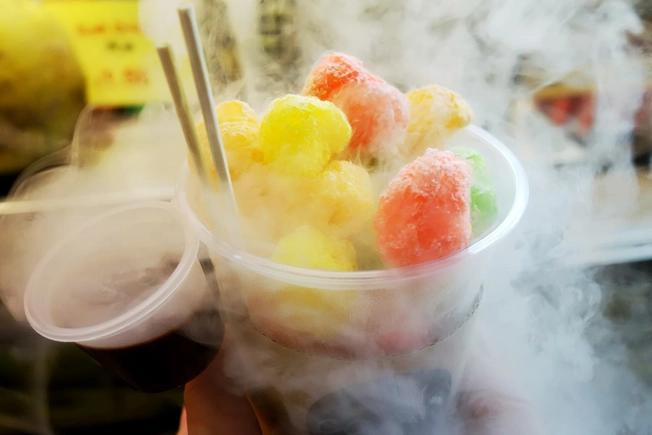
May Hurt: Liquid Nitrogen
Some people call it "nitro puff," but there are other names. You might notice a stream of smoky coldness that spirals from a fancy cocktail, a new frozen dessert at the mall, or other foods. It may look like fun, but it's best to avoid it. It could cause breathing problems, especially if you have asthma, as well as serious injury to skin and even internal organs.